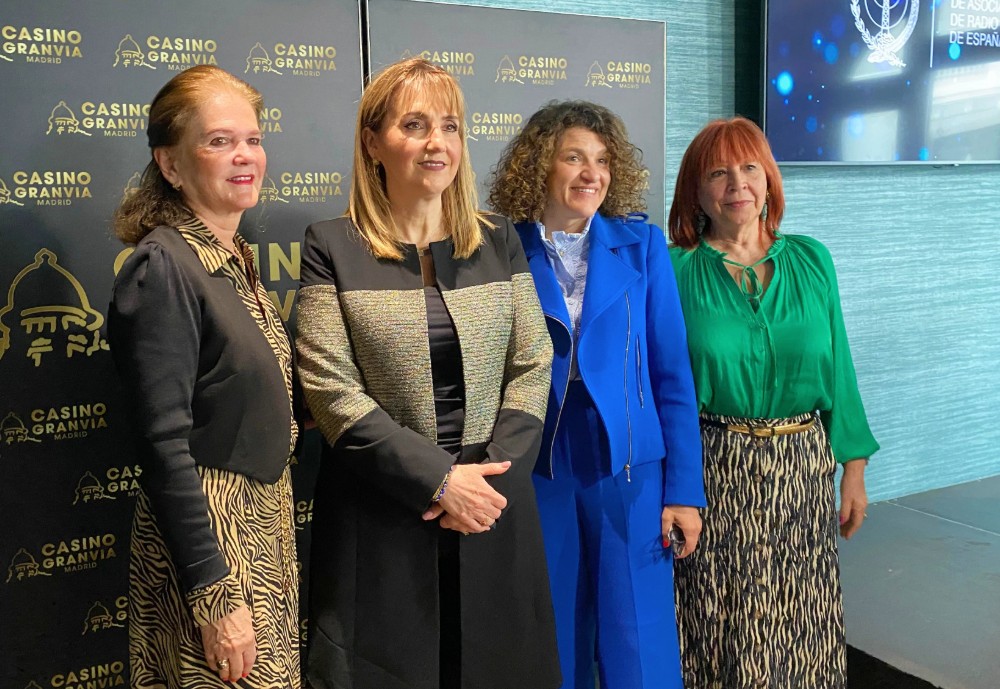Gloria Guevara Envisions a New Era of Tourism Where “There’s Room for Everyone”

During a recent edition of "Los Desayunos de la Federación", hosted by Juan Ignacio Ocaña, president of the Federation of Radio and Television Associations of Spain, Gloria Guevara, candidate for Secretary-General of UN Tourism, presented the core pillars of her platform to a group of seasoned journalists. The former Mexican tourism minister and current international advisor laid out a four-pillar strategy: community empowerment, sustainability, innovation, and inclusive governance.
“In this new era, there’s room for everyone. We must unlock long-term growth and empower communities to share in the sector’s prosperity,” Guevara stated. She stressed that tourism cannot be managed solely from the top down—it must be built from the local fabric, with strong public-private partnerships and collaboration with intergovernmental organizations. Guevara pointed out that 60 to 80% of the global tourism network consists of small and medium-sized enterprises, adding, “Governments cannot move forward without them.”
Addressing Spain’s role in the global tourism landscape, Guevara was direct: “Spain is the hub of global tourism, but it’s not fully benefiting from that position.” She underscored the need to improve Spain’s global visibility as a model for tourism management, training, and excellence. On the controversial topic of potentially relocating the UN Tourism headquarters to Saudi Arabia, she clarified that the proposal originated internally, citing a lack of resources to keep it in Spain. However, she was firm: “The headquarters stays in Madrid. The resources exist—we just need to reallocate them according to the real needs of member states.”
Throughout her campaign, Guevara advocates for a structural transformation of UN Tourism toward a model of greater transparency, inclusion, and equitable governance. She reaffirmed her commitment to the inclusion of women, youth, and people with special needs in the tourism sector, and called for leadership rotation as a guarantee of fairness. She also raised concerns about irregularities in the ongoing election campaigns within the organization.
Spanish journalist José María Triper emphasized tourism’s social impact, which represents 10% of global GDP, but criticized the lack of concrete indicators from global tourism bodies like UN Tourism. In response, Guevara stressed the need for the organization to measure tourism’s contribution to poverty reduction, education opportunities, migration, and security. She called for urgent implementation of impact metrics and aligned public policies to create a balanced ecosystem.
Citing recent anti-mass tourism protests in parts of Spain—echoed by similar sentiments in countries like Italy—Guevara stressed the need to invest in professional training. “During the pandemic, we lost 52 million jobs. Today, many hotels can’t exceed 70% capacity due to a lack of trained personnel. We need technical, professional, and foundational training,” she warned, urging UN Tourism to prioritize investment in training programs.
Carlos López, president of the Spanish Association of Tourism Professionals, voiced concern over the decline in tourism education enrollment among youth. Guevara responded by reaffirming that the sector must communicate its social impact to the next generation. “We need to get young people to fall in love with this profession,” she said, emphasizing that education is the most valuable asset for the future of tourism.
From a national perspective, Guevara praised Mexico’s Pueblos Mágicos strategy as a model for leveraging cultural DNA at the local level. “Tourism must coexist with local communities, and the benefits must be mutual,” she said. She warned that when only one party benefits, the ecosystem becomes unbalanced, which she considers unfair. On tourism control and restrictive policies, she emphasized that planning should be destination-specific but always guided by ethics, multilateralism, and justice. Guevara believes such policies require transparency, tolerance, and a deep commitment from all involved.














